The RARE Advisor: Quick Path to Increase Valuation
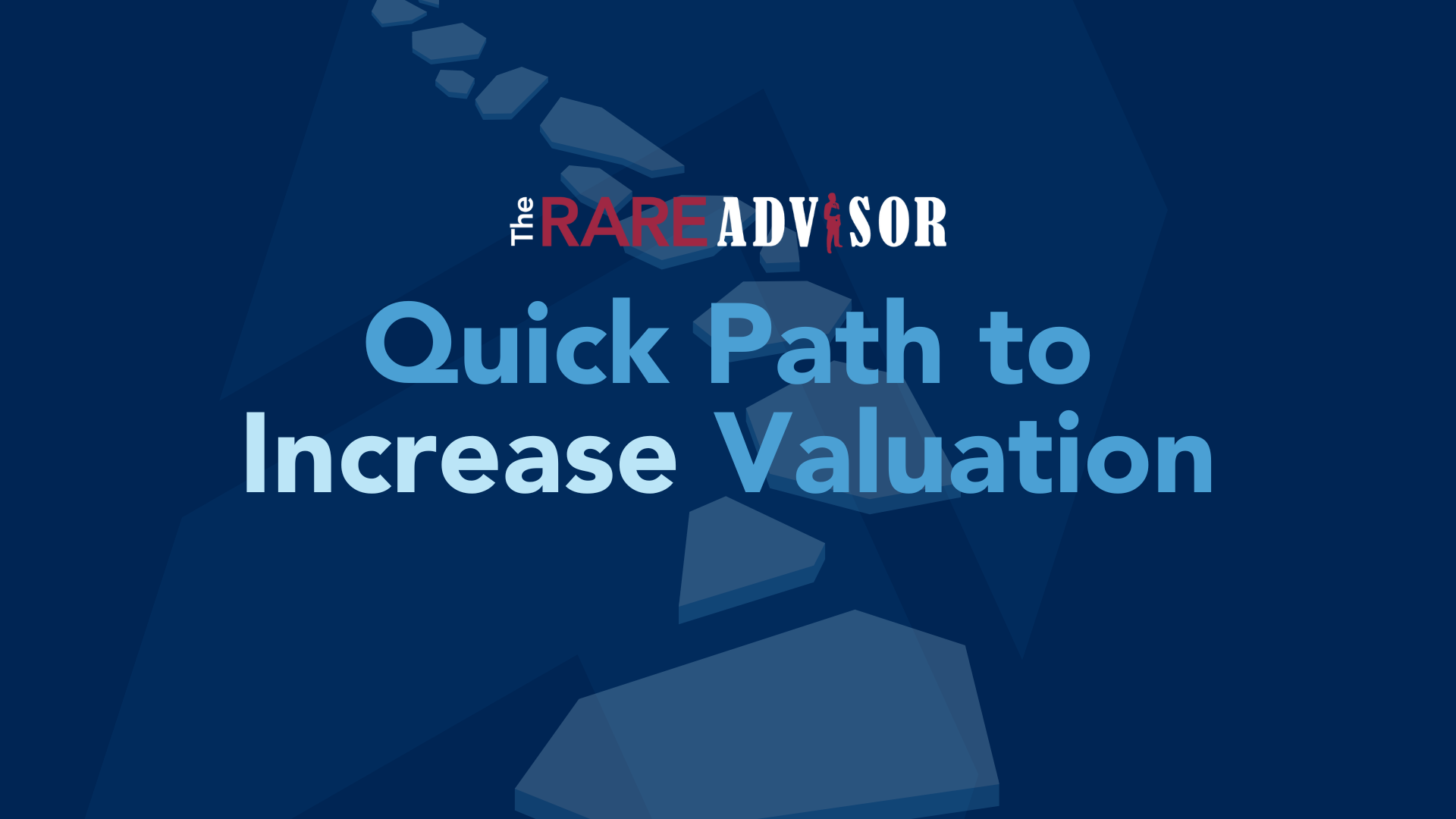
One of the quickest ways to increase the value of your practice is a mindset change. It’s subtle, but powerful, and it makes a huge difference in what your practice is worth in the marketplace.
When you're looking to create the most value for your practice, the good news is that it's about not just the balance sheet, but also the P&L statement. Generally speaking, what is best for the client and what is best for your practice is also what is best for you as the owner. We're going to talk about a number of these different items in some upcoming RARE sessions. But most specifically, I want to start you off with the mentality of understanding the merger, acquisition, succession, and transition. Although they kind of have different subsets of what it is you're trying to accomplish, and/or the angle at which you're coming at this from, the reality is the valuation components all go in the same kind of direction.
The first thing is: think of your business truly as a business, not as a job. Meaning...no one really (an investor, an outside investor, a buyer, the advisor from across town who's who's acquiring practices, etc.) wants to purchase your job. They would like, however, to purchase your business. So, therefore, your business has to truly operate as a business. And unfortunately, especially smaller financial advisors oftentimes, they're really only their own boss, they're not really running a business. They're kind of that that sole proprietor, if you will. So again, think in terms of a business vs. a job. What really makes it a business is systems and processes. When you can illustrate to a buyer that you have the ability to push these buttons and pull these levers and see a projected and reliable outcome (much like an assembly line type of an approach), then you have systems and processes. If your business is built on your personality, you might be a great salesperson, you might be able to collect the assets, you might be a wonderful financial advisor, but you're not running a business. At the end of the day, you really have little to sell. Because when you walk out the door, all of the inflow of assets and customers walks out the door with you. Again, you need to have systems and processes.
Another way I like to think about this is: a business owned by a family is much more valuable than a family-owned business. When we think of a family-owned business, we think of a mom and pop shop, we think of a business that is employing other family members, and maybe a few other participants, but the family kind of dominates the position. It's a family-owned business, right? And there's nothing wrong with that. But it is different than a business owned by a family. Let that sink in for a minute. A family-owned business is seldom worth as much as a business owned by a family. For example, in the financial space, think of Fidelity. Fidelity is controlled by the Johnson family. Fidelity is a business owned by a family. It is not a family-owned business. So again, it's a subtle difference in the wording. But it's a dramatic difference in the philosophy of how the operation is managed, how it's strategically directed from the top down. It's truly run as a business. That's what you really need to make sure is your very first step in doing this.
Now again, the good news is that if it's good for the P&L, if it's good for the balance sheet, it's probably going to be good for customers as well. And then you get into the whole discussion about fees. And recurring revenue versus commissions and non-recurring revenue. The commissions and non-recurring revenue are worth less than half of what the recurring revenue is from a valuation perspective. And the reason is, very similar what I said before, if you're a personality-based business, and the personality walks out the door, there's not much left, right? If Rush Limbaugh passes, there's not much left to the show. That's the same kind of philosophy that you're looking at here. Now with commissions it works the same way. There is no ongoing value to that block of business. Now, you might be able to work it, and you might be able to get future value out of it, but it doesn't throw off any revenue at this stage. So, unlike recurring revenue, unlike assets under management, you have the recurring revenue that's highly, highly coveted and is valued much higher in the process. Whereas the commissioned revenue, although it's nice and it's good for the P&L, it's not really good for the ongoing valuation for that balance sheet perspective.
So again, keep these things in mind at the very basic level of mergers, acquisitions, succession, and transition. And no doubt we'll talk about more of this stuff here on The RARE Advisor as well.
--
The RARE Advisor is a business model supercharged by Recurring And Repeatable Events. With more than thirty years of working with and coaching successful advisors, host Mike Walters (along with other leaders in the industry), discusses what it takes to grow a successful practice. With the aim of helping financial professionals and financial advisors take their business to the next level, Mike Walters shares insights and success stories that make a real impact. Regardless of the stage of your practice, The RARE Advisor will provide thoughtful guidance, suggestions for developing systems and processes that work, and ideas for creating an authentic experience for your clients.
The RARE Advisor is also a podcast! Subscribe today via Apple Podcasts, Google Podcasts, or your preferred podcast listening service for easier on-the-go listening.
Author Info
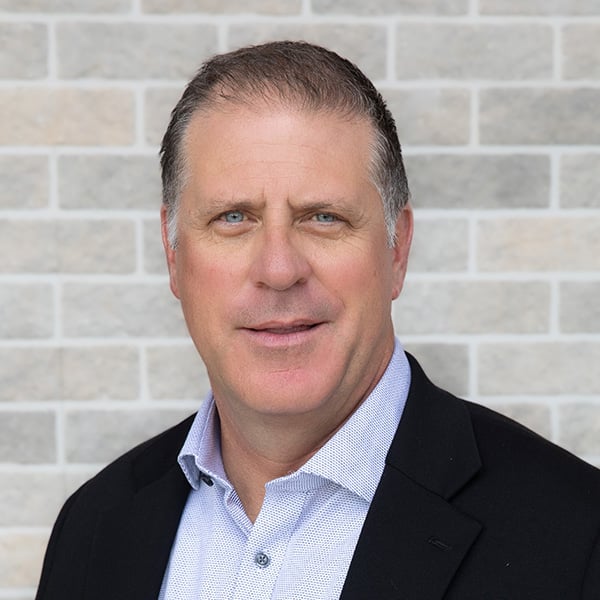
Mike Walters is the Chief Executive Officer (CEO) of USA Financial, leading the firm since its inception in 1988. Mike is committed to...
Related Posts
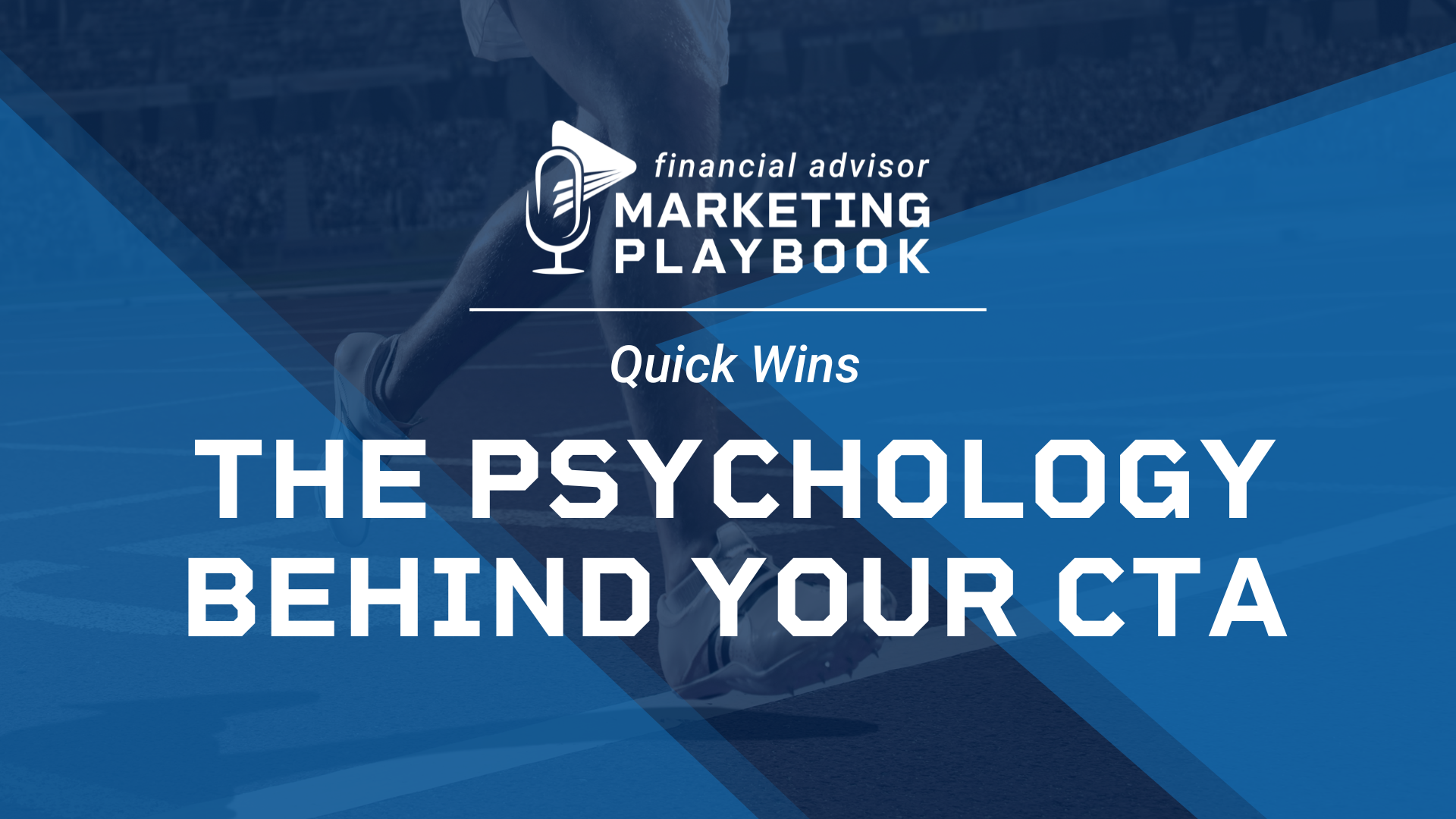
The Psychology Behind Your CTA: Why Prospects Don’t Click “Book a Call”
In this episode of Financial Advisor Marketing Playbook, Mark Mersman breaks down the real psychological barriers that stop prospects from clicking “book a call” on an advisor’s website—and how small language and design changes can dramatically improve conversions. You’ll learn practical, compliant fixes including softer CTA language, expectation statements, empathy‑based messaging, simplified design, and reassurance techniques that lower emotional friction. If you want a website that encourages prospects to take the first step confidently, this episode delivers actionable guidance advisors can implement immediately.
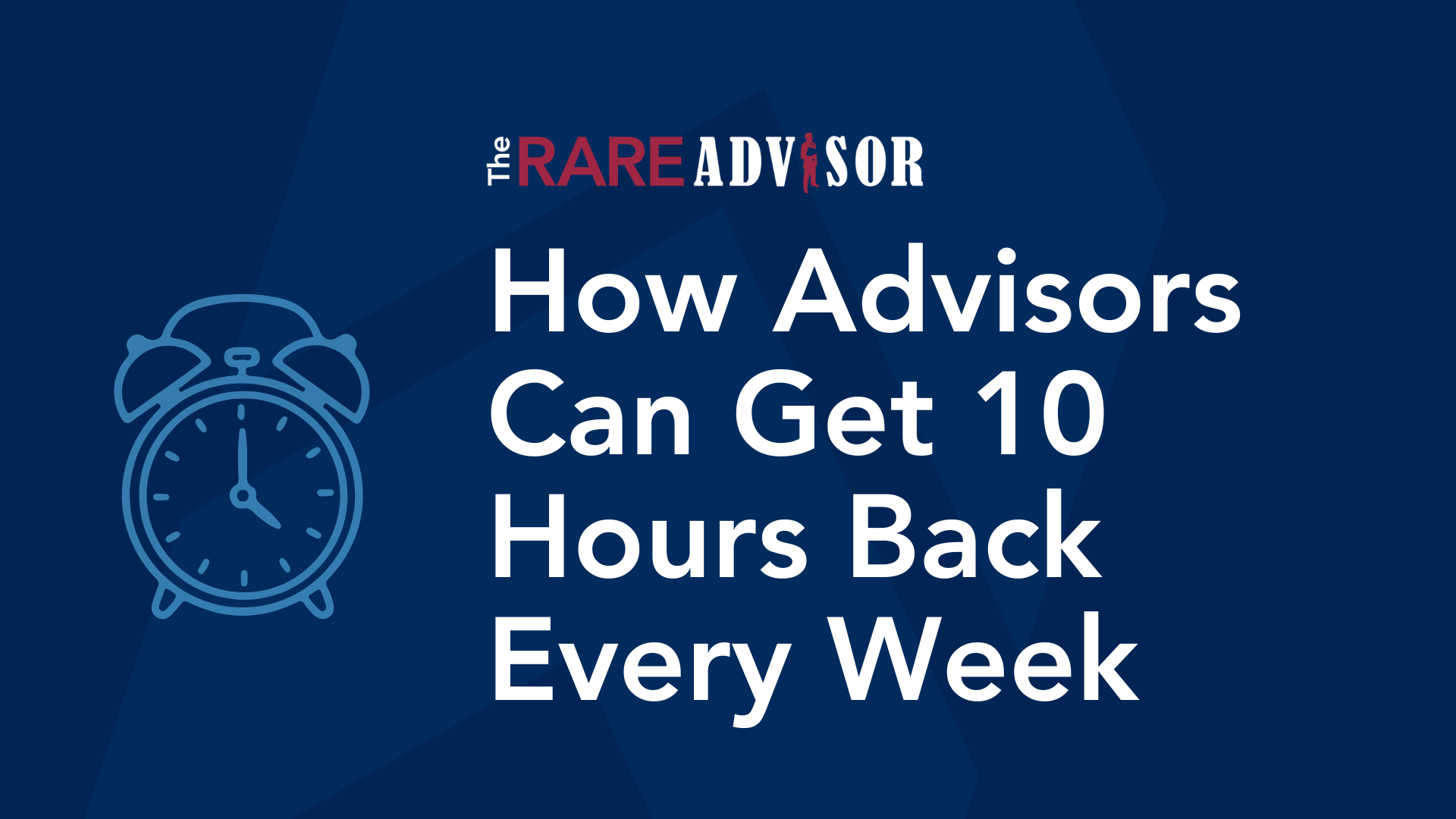
How Advisors Can Get 10 Hours Back Every Week
In this episode of The RARE Advisor, host Aaron Grady and USA Financial Pareto coach and Practice Management Consultant Allan Oehrlein dive into time allocation as a core lever for advisory success. They unpack the biggest time drains—email, unsolicited calls, and open-door interruptions—and lay out a practical framework for calendar rebalancing that starts with personal time, management time, client appointments, dedicated communications windows, “work on the business” time, and high-impact growth activities. With real-world stories showing how advisors shift from reactive days to structured weeks (and even reclaim Fridays), Aaron and Allan share easy-to-implement tips: color coding calendars, scheduling buffers, daily huddles, and call/appointment protocols. If you’re ready to audit your calendar, define your ideal week, and create structure that truly liberates your practice, this conversation is your next step.
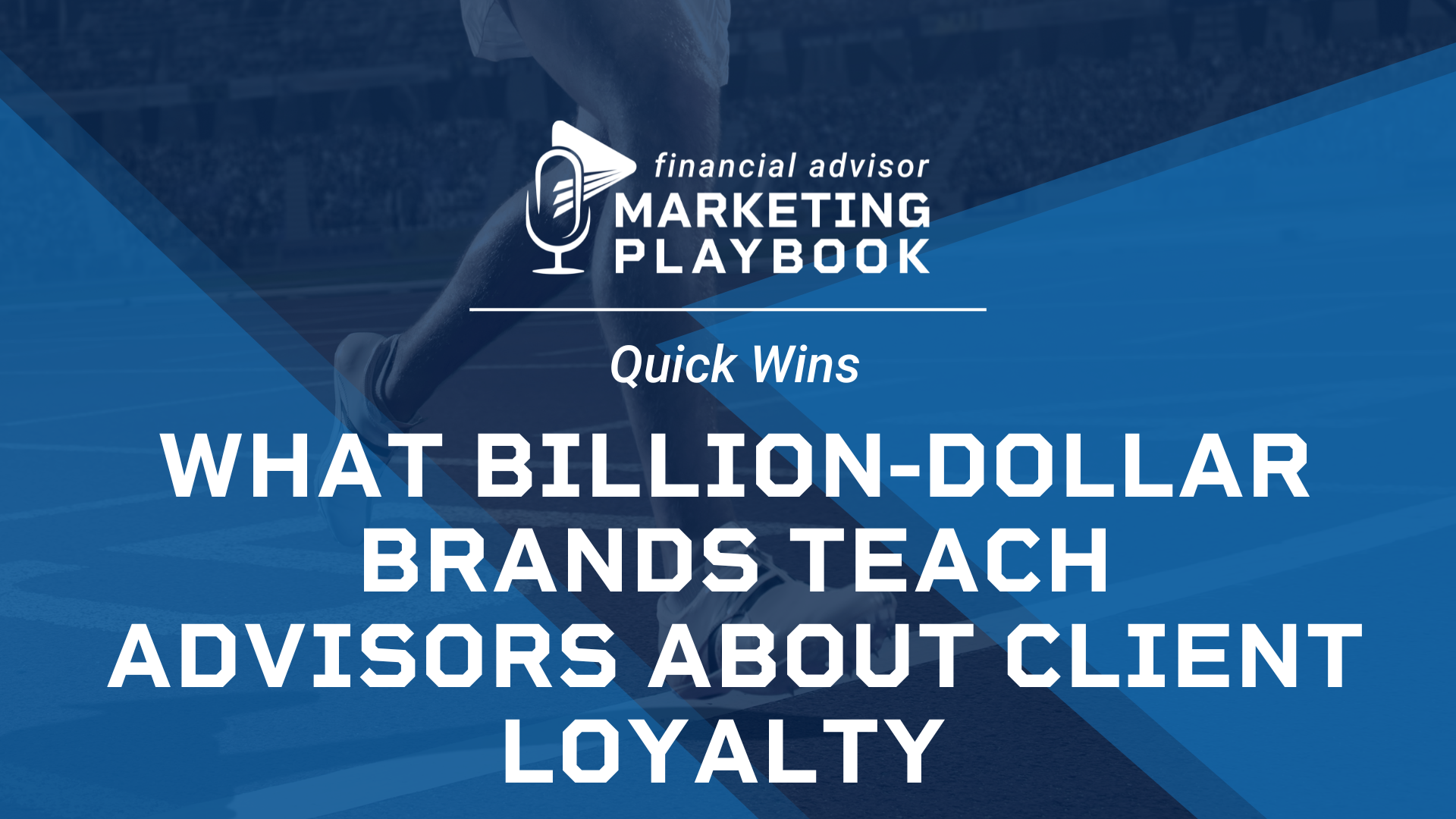
What Billion-Dollar Brands Teach Advisors About Client Loyalty
In this episode of the Financial Advisor Marketing Playbook, Mark Mersman explores what billion-dollar consumer brands like Peloton, Apple, Airbnb, Disney, and Starbucks understand about loyalty—and how financial advisors can apply these lessons to their own practices. Discover why loyalty is emotional, not transactional, and learn practical strategies to create belonging, simplify your process, showcase identity, design unforgettable experiences, and personalize client interactions. Tune in to transform your value proposition and build a community your clients never want to leave.

The Psychology Behind Your CTA: Why Prospects Don’t Click “Book a Call”
In this episode of Financial Advisor Marketing Playbook, Mark Mersman breaks down the real psychological barriers that stop prospects from clicking “book a call” on an advisor’s website—and how small language and design changes can dramatically improve conversions. You’ll learn practical, compliant fixes including softer CTA language, expectation statements, empathy‑based messaging, simplified design, and reassurance techniques that lower emotional friction. If you want a website that encourages prospects to take the first step confidently, this episode delivers actionable guidance advisors can implement immediately.

How Advisors Can Get 10 Hours Back Every Week
In this episode of The RARE Advisor, host Aaron Grady and USA Financial Pareto coach and Practice Management Consultant Allan Oehrlein dive into time allocation as a core lever for advisory success. They unpack the biggest time drains—email, unsolicited calls, and open-door interruptions—and lay out a practical framework for calendar rebalancing that starts with personal time, management time, client appointments, dedicated communications windows, “work on the business” time, and high-impact growth activities. With real-world stories showing how advisors shift from reactive days to structured weeks (and even reclaim Fridays), Aaron and Allan share easy-to-implement tips: color coding calendars, scheduling buffers, daily huddles, and call/appointment protocols. If you’re ready to audit your calendar, define your ideal week, and create structure that truly liberates your practice, this conversation is your next step.

What Billion-Dollar Brands Teach Advisors About Client Loyalty
In this episode of the Financial Advisor Marketing Playbook, Mark Mersman explores what billion-dollar consumer brands like Peloton, Apple, Airbnb, Disney, and Starbucks understand about loyalty—and how financial advisors can apply these lessons to their own practices. Discover why loyalty is emotional, not transactional, and learn practical strategies to create belonging, simplify your process, showcase identity, design unforgettable experiences, and personalize client interactions. Tune in to transform your value proposition and build a community your clients never want to leave.

